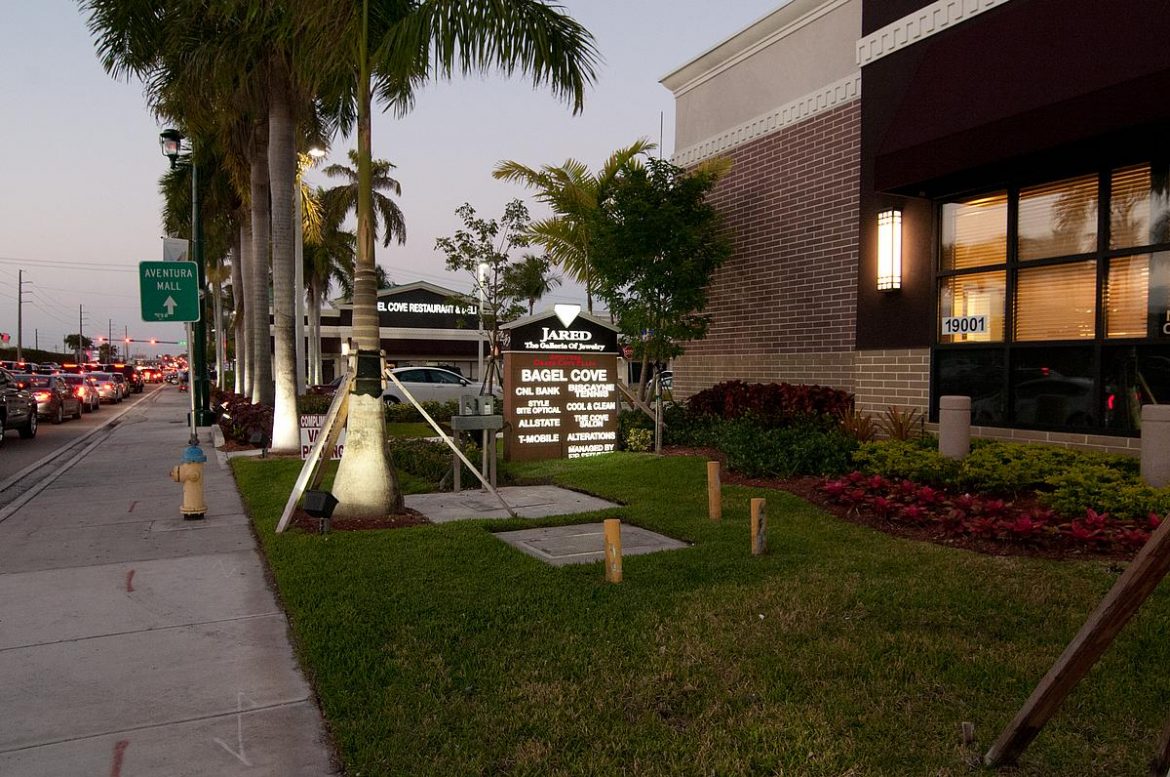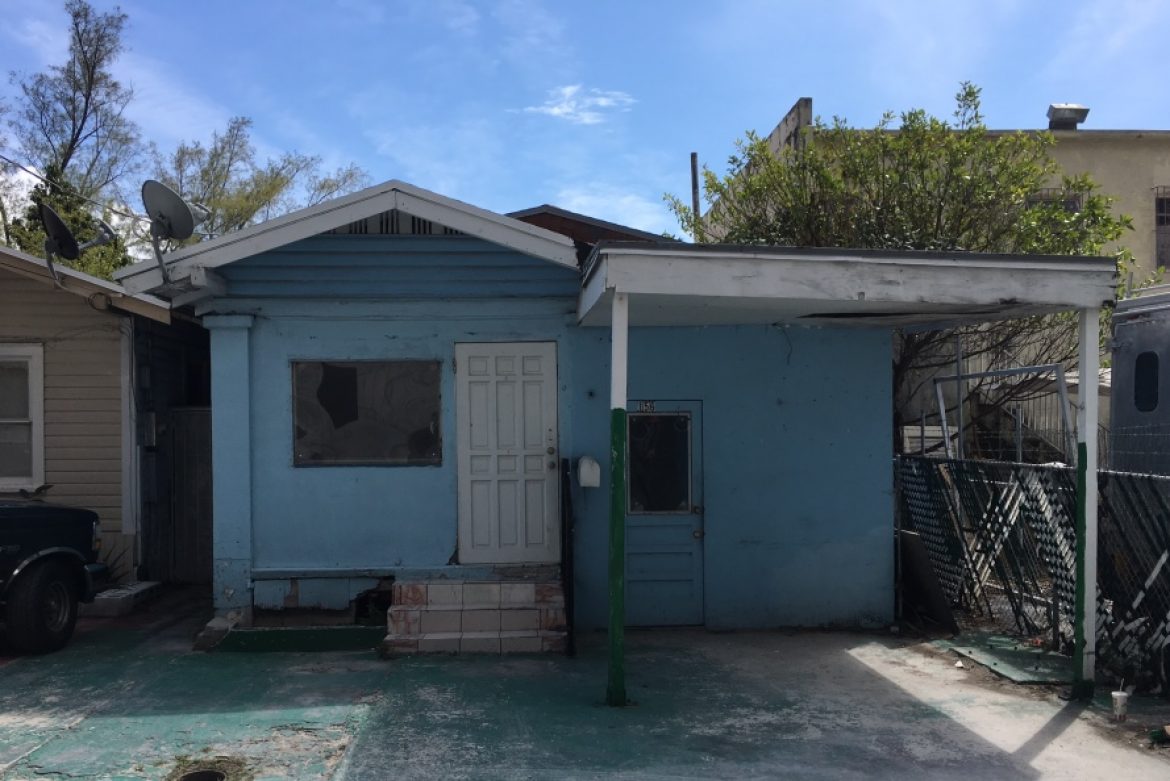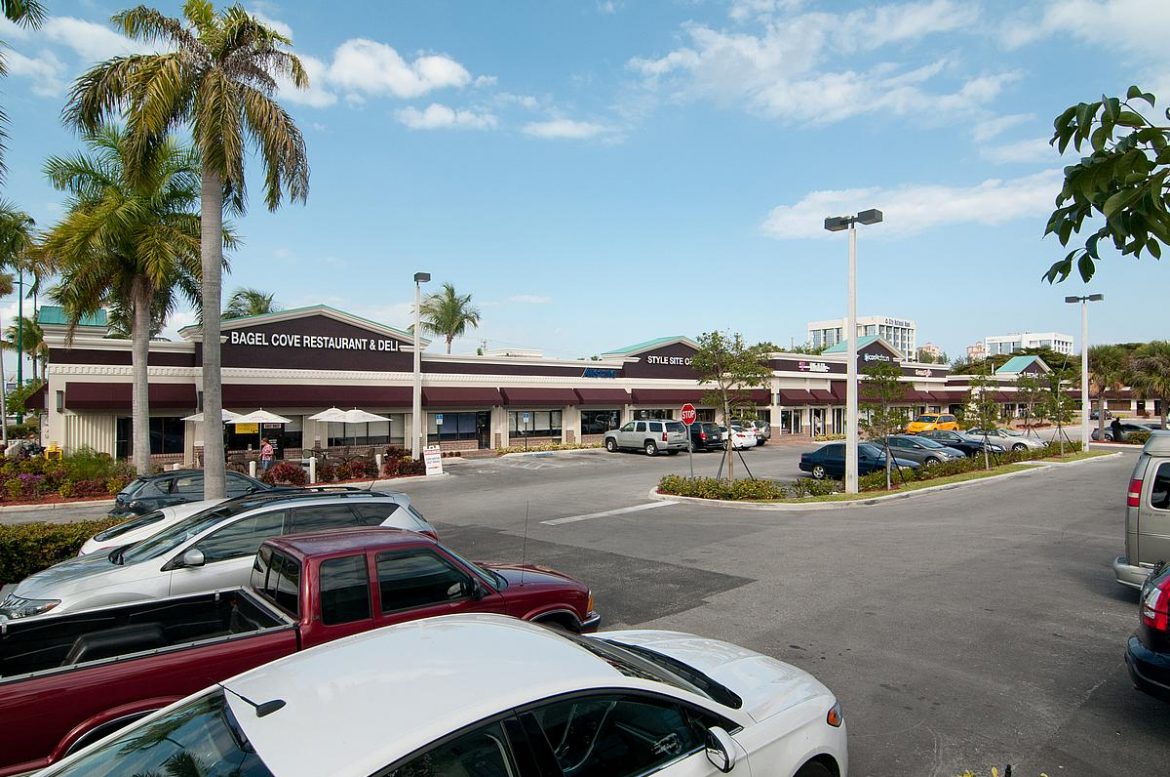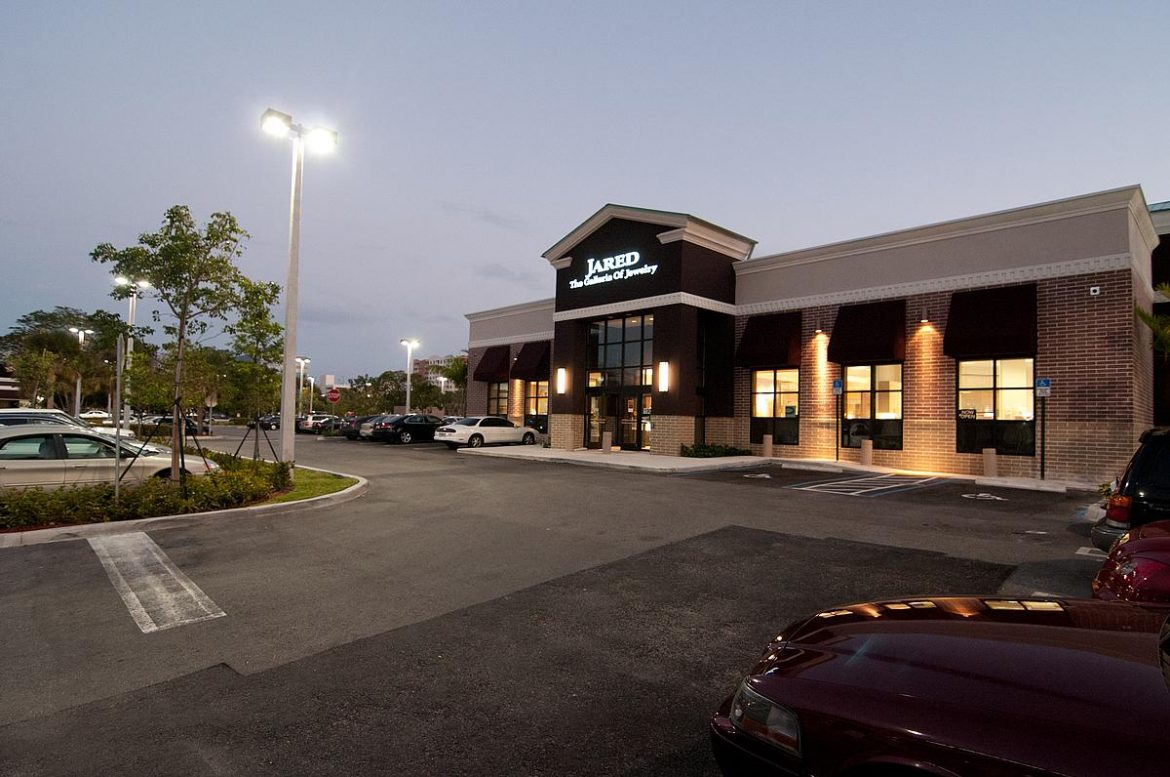
The coronavirus pandemic has been a boon for industrial real estate as increased online shopping drives up demand for logistics space, but the medical office sector has also fared well in 2020, and experts expect continued strength in that area during and after the pandemic.
While banks are hesitant to lend on properties in the retail and office sectors, financing remains available for medical office properties, experts say. And investors also continue to eye such properties, thinking that demand for services there will pick up once a vaccine is found and becomes widely available.
Here, Law360 looks at three reasons medical office properties remain attractive amid the pandemic:
Banks Are Still Interested in Lending
In the weeks after the World Health Organization declared COVID-19 a pandemic, lending all but stopped for commercial real estate. While capital is still tough to come by for retail and office assets, lenders are now providing financing for the medical office sector.
“Lenders are willing to lend on medical office,” said George Scopetta, chief investment officer at medical office owner and services provider ShareMD. “If you come to market with retail buildings, the answer is going to be no. A medical office building, especially if it’s a stabilized building, that’s an asset class that [parties] want to be in.”
Danielle Gonzalez, a shareholder at Greenberg Traurig LLP, said she has closed more than $800 million in loans on medical office buildings since the pandemic began, including an $89 million loan in late September from Starwood Mortgage Capital for eight properties owned by ShareMD.
She said medical offices, along with multifamily properties, have fared markedly better than other asset classes amid the pandemic. Federal stimulus assistance this summer helped many tenants at multifamily properties continue to pay their rents.
“I see a wide variety of asset classes. Not just medical office. … We have seen the least impact on medical office buildings and multifamily,” Gonzalez said. “It was a small blip on the radar compared to other sectors.”
Occupancy Has Remained High
Another reason banks have been willing to lend on medical office properties is due to high occupancy levels there, and tenants have remained in those properties for a variety of reasons.
For one, many medical office tenants were unaffected by shutdown orders earlier in the year. David Tabibian, a partner at Jeffer Mangels Butler & Mitchell LLP, said occupancy rates for the sector have hovered around 90% to 92% during the pandemic.
“Rent collections have been very strong — above 90%. That’s exactly what you want as an investor in an unstable market,” Tabibian said. “They are essential services, and tenants are able to still access their space and are still paying their rent. Historically, [medical office properties] have done well in downturns.”
That has meant landlords have had stronger rent rolls to show to lenders, a domino effect that inspires more confidence.
But another reason occupancy has remained high is that leases at such properties tend to be longer, which means fewer leases have come up for renewal during the pandemic than leases in other sectors.
“Landlords want longer lease terms. That’s why you see higher occupancy levels,” Tabibian said. “There are various types of equipment. … It’s more custom, more expensive, and as a result of that, tenants tend to sign longer leases at medical offices.”
More Consumer Demand Is Expected Once a Vaccine Arrives
While the medical office sector has taken a hit during the pandemic when it comes to consumer traffic in and out of facilities, experts expect demand to pick back up once consumers feel safe going in for procedures. That may not be the case for retail and office properties.
“The big distinction is the impact on medical office buildings was very much temporary, whereas the impact that we’re seeing on retail and office is much more permanent in nature,” Gonzalez said. “Once this is over, people are still going to have to go back to their dentist’s office for a root canal or their doctor for a comprehensive medical exam.”
And with real estate investors looking for places to park their capital and shying away from retail and office, medical offices will remain a solid option, experts say.
“Medical office really attracts the long-term, serious investors. There is tons of investment by [real estate investment trusts] and funds and institutional buyers,” Gonzalez said. “These are players that do thorough due diligence and are really looking for strong assets to hold for the long term.”
Expect more investment in the sector in coming months, particularly in the first and second quarters of 2021, said Tabibian, who noted there is lots of cash on the sidelines that could flow into such properties in 2021.
That investor optimism is being fueled by a sense that there will be a rush back to the properties once a vaccine is widely available.
“Telehealth … has its limitations and does not work with every specialty. At some point, doctors need to see their patients and can’t always do that virtually,” Tabibian said. “Many people have not undergone elective procedures during the pandemic. There’s a huge amount of demand for elective procedures … that’s coming as soon as there’s a vaccine.”
Source: Law360



